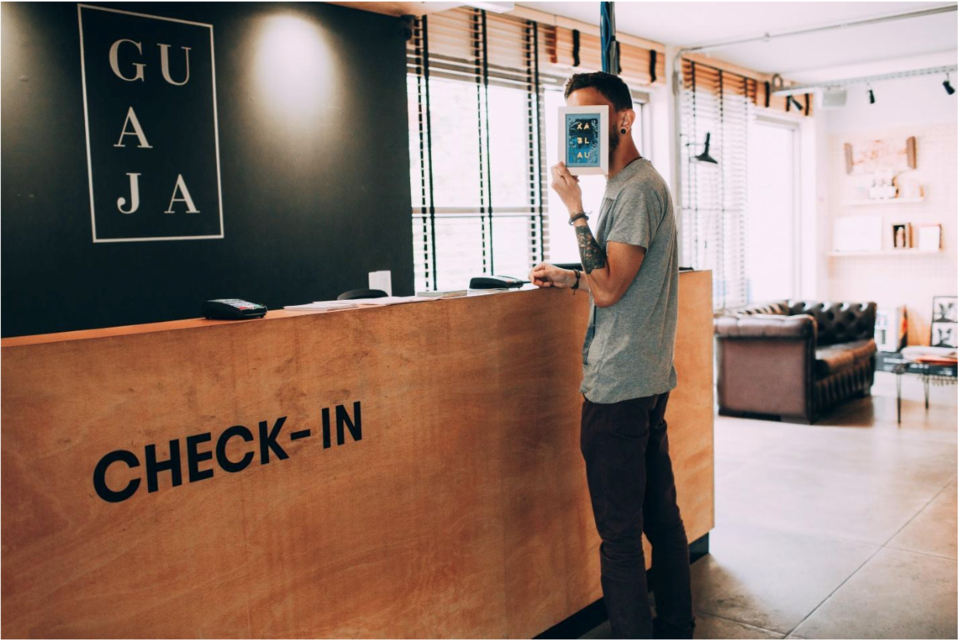A boutique hotel is small, quaint, and intimate. A boutique hotel usually has less than 100 rooms and strives to offer its guests an ultra-personalized experience. Boutique hotels stay true to the local culture, and despite their rising popularity, they are still a mystery to many people. The emergence of boutique hotels is linked to Bill Kimpton, a mobile investment banker and a traveller who felt that most hotels lacked a personalized touch.
As a business person in the hospitality industry, it's ok to feel obliged to go the extra mile to please your customers. But when you're unaware of what customers expect from you, it can be hard to gauge the right approach to make your business shine.
The good thing is that any hotel, be it a chain hotel, motel, or inn, can add a boutique touch to its services. Here are tips to help you offer a boutique experience without incurring higher costs associated with maintaining a higher-class and luxury establishment.
1. Identify Your Unique Selling Points
Your unique selling point is the foundation for your business and marketing strategy. Your unique selling points can help you attract the right people to your hotel, make it easier for your staff to present themselves before guests, and define what sets you apart from the competition. Your unique selling points also mean the extra mile you go to ensure that your customers get fast, efficient, and personalized service.
The first step to identifying your unique selling point is examining your competition and determining what makes you unique. Look for ideas from platforms like Booking.com and TripAdvisor. Compare customer comments on these platforms to your performance and narrow them down to things you wish to be known for.
Think about your target guests, create their persona, and look for ways to meet their unique needs. Once you understand your target guests, create targeted marketing strategies and features to handle customer needs better and dominate your niche.
2. Partner Up With Experts
You can partner with other businesses making strides and successfully promoting luxurious experiences through their marketing strategies. Boutique hotels are believed to be independent and able to attract local customers. It pays if you consider partnering with local businesses and working closely with the local community.
You can create a mutually beneficial relationship with local photographers and include their services and pricing plans within your wedding packages. You can also have a relationship with a local restaurant and agree to refer other businesses to your customers.
Pay attention to local causes and offer support whenever possible. Supporting the local community generates goodwill, which could translate to customers booking rooms or recommending your business to others.
3. Promote Memories and Experiences
Customers have high expectations from hotels. And when their destination is your boutique hotel, they will expect even more ways to create memories. Your boutique hotel's main goal should be not only about your unique selling points but also about memories and experiences.
Whether your hotel is built on design, architecture, heritage, culinary expertise, tradition, or wellness doesn't matter. Tailor your communications to leave your guests fulfilled with their memorable stay at your hotel.
No customer will praise you just because it’s you. Since a boutique hotel already means you are offering a personalized experience to your customers, having a more personalized set of communication, like issuing customers customized hotel keychains, could go a long way.
Don't be discouraged by well-known hotel’s and their marketing or PR efforts, as they operate with bigger budgets. Focus more on creativity that will set you apart from the crowd.
4. Provide Incentives
Providing incentives and a reward program can add a boutique touch to your hotel business. A boutique hotel can have 10 to 100 rooms. So, it pays off to focus on high-value customers, loyalty, referrals, and word-of-mouth marketing to capture a unique market segment.
Incentives like reward programs can help you achieve this and more. Develop a reward system that can encourage repeat customers and incentives that will encourage guests to refer their friends and family. These rewards may include free services or discounts to drive up bookings.
Creating a Value Proposition
To run your boutique hotel successfully, your management team must share the vision your hotel is trying to achieve. It can be considered an overarching marketing strategy to explain to customers what makes your boutique hotel unique and superior to your competitors.
There are various strategies you can explore. Have your hotel at a fantastic location and theme, and ensure it looks different from the rest. Above, ensure that your hotel offers a more personalized experience, with each guest getting individual attention from your staff.




